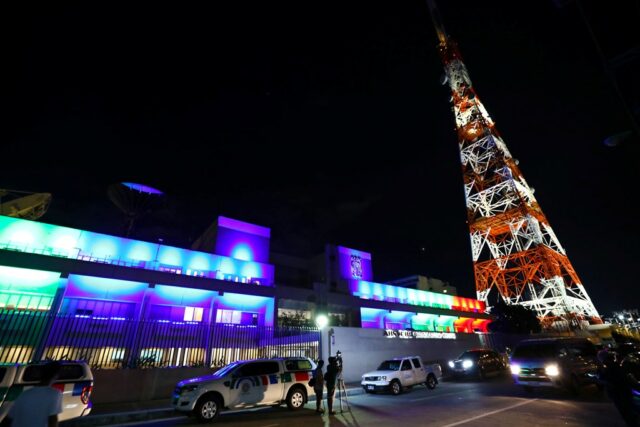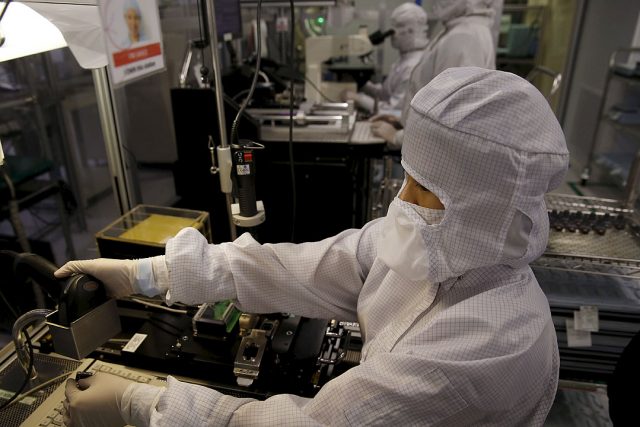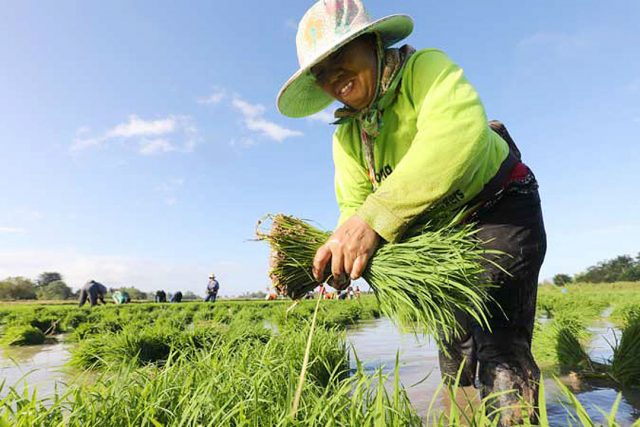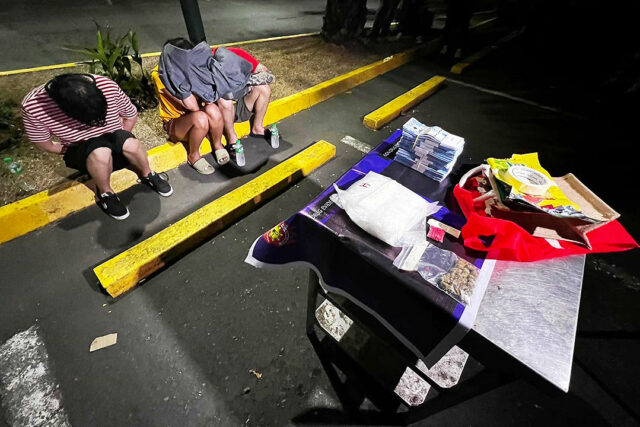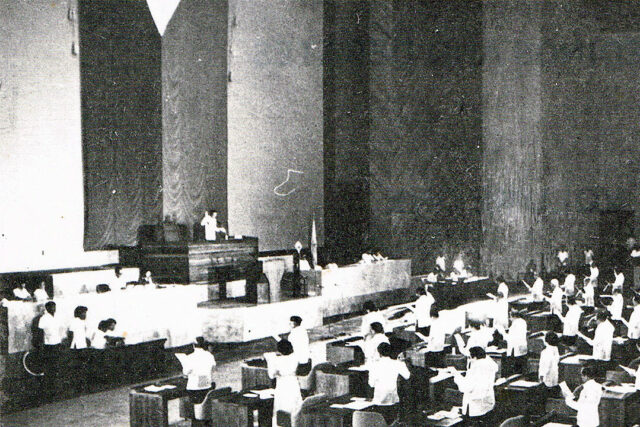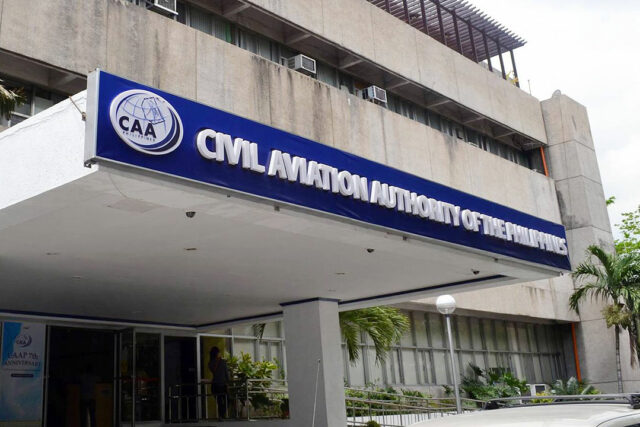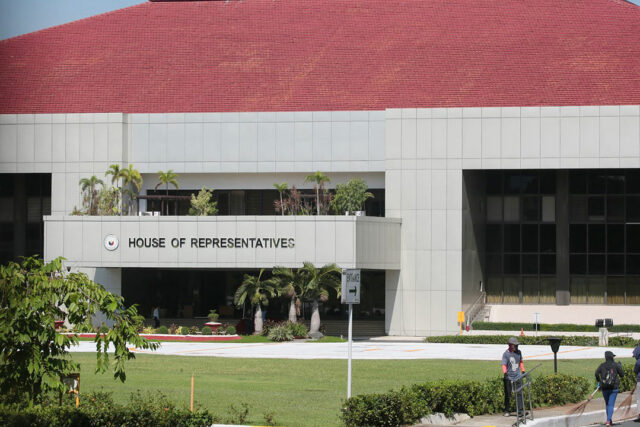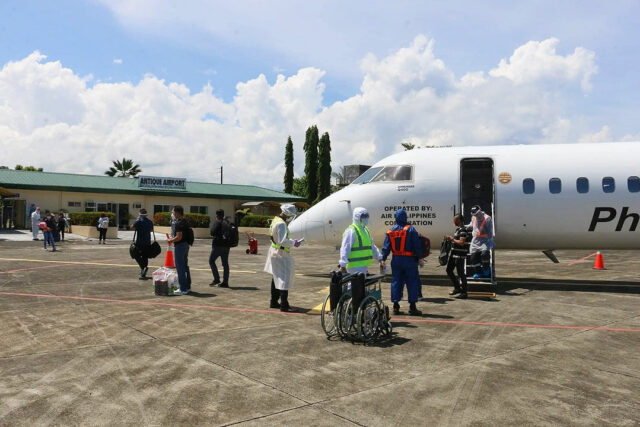Tomorrow is Ash Wednesday. For Catholics around the world, it is the beginning of Lent, a period for reflection and contemplation. Speaking of reflection, for taxpayers, there is a lot to ponder. Perhaps a key topic of contemplation is tax assessments conducted by the Bureau of Internal Revenue (BIR). Taxpayers have expressed concerns about the reasonableness of the BIR’s list of documents and records before conducting the tax investigation.
Under the Philippine Tax Code, the BIR has broad power to obtain, summon, examine, and take the testimony of persons, and it is authorized to examine any book, paper, record, or other data which may be relevant or material to such inquiry. During tax assessment procedures, the BIR requires the taxpayer to present and submit numerous documents in a Checklist of Presentation of Records/Documents which is attached to the BIR’s letter of authority issued to a taxpayer.
The checklist includes the tax returns, books of account, accounting records, official receipts, invoices, schedules, and other items required during the conduct of a BIR investigation.
At the start of the BIR audit, prior to the issuance of its tax findings against the taxpayer, the BIR usually requests official receipts/sales invoices (ORs/SIs) without specifying which OR/SIs they are referring to. Taxpayers often ask — does the BIR really need all the ORs/SIs for their review? What if a company has thousands of these ORs/SIs?
There are certain documents that could already be in the warehouse that need to be retrieved, a process which would certainly take a significant amount of time.
Taxpayers have also been noticing that there are documents on the checklist that are already supposed to be in the custody of the BIR. Some of these are tax returns, audited financial statements, summary lists of sales, purchases, and imports, and the like, which have been previously submitted by taxpayers. Thus, the BIR is presumed to have these on file.
In some checklists, bank statements are also required. Are these really required in a regular BIR audit, considering that we have the Philippine Bank Secrecy Law?
Thus, many taxpayers are startled when they receive the BIR’s checklist of documents, imposing on them an unnecessary burden. Adding to this burden, the BIR normally states in its checklist that the long list of documents/records should be submitted/presented within a few days, e.g., 10 calendar days from receipt of the checklist.
What if the taxpayer fails to comply with the submission of documents in the checklist?
Under the tax rules, if the taxpayer fails to comply with the submission of documents despite the corresponding notices issued by the BIR, the BIR may endorse the assessment case to its Legal Division for the issuance of subpoena duces tecum (SDT) against the taxpayer. With the issuance of the SDT, taxpayers are compelled to comply with the submission/presentation of the documents/records required by the BIR; otherwise, for failure to comply with the SDT, the BIR may file a criminal case against the taxpayer.
Note that the above-described scenario applies just in the early stages of the tax assessment process; thus from the start, there is already a lot of stress that taxpayers must endure.
May taxpayers request that the BIR revisit its procedures for requiring documents/records during the BIR audit?
As a humble request, the BIR should consider being more specific in its requirements for the presentation of documents/records and should limit the items that are applicable to the taxpayer to avoid unnecessary stress on the part of the taxpayers.
The BIR may also consider revisiting the guidelines in its BIR Audit Program, in which the BIR Team marks in the Checklist of Requirements only the documents/records which are applicable and relevant in the audit and should not require taxpayers to submit tax returns and other information which can be retrieved from the BIR’s records.
Further, may the BIR also particularly revisit the words/descriptions that it uses in the Checklist of Requirements to avoid a general statement for documents/records, like requiring “official receipts, invoices, and contracts,” among others, as these generalizations indicate that the BIR is requiring “all” these documents for its inspection? In practice, it cannot be realistically said that all the thousands or even millions of daily transactions in a taxable year, as supported by official receipts or invoices, contracts, or other documents, will be examined in a BIR audit.
Also, may the bank statements be removed, at the onset, from the BIR’s Checklist of Requirements pursuant to the Bank Secrecy Law so that this does not eat up too much time spent in arguments between the taxpayers and the BIR Team?
While taxpayers are duty-bound to pay their taxes, most of them also wish that the BIR will, in turn, not impose an unnecessary burden. Tax authorities must always keep the principles of a sound tax system in mind, specifically administrative feasibility, which provides that tax laws should be convenient, just, and capable of being effectively administered. Hopefully, this reflection will be taken into consideration, and that actions in favor of the taxpayers are implemented soonest.
Let’s Talk Tax is a weekly newspaper column of P&A Grant Thornton that aims to keep the public informed of various developments in taxation. This article is not intended to be a substitute for competent professional advice.
Lorenzo V. Matibag is a senior associate of Tax Advisory & Compliance division of P&A Grant Thornton, the Philippine member firm of Grant Thornton International Ltd.
pagrantthornton@ph.gt.com

